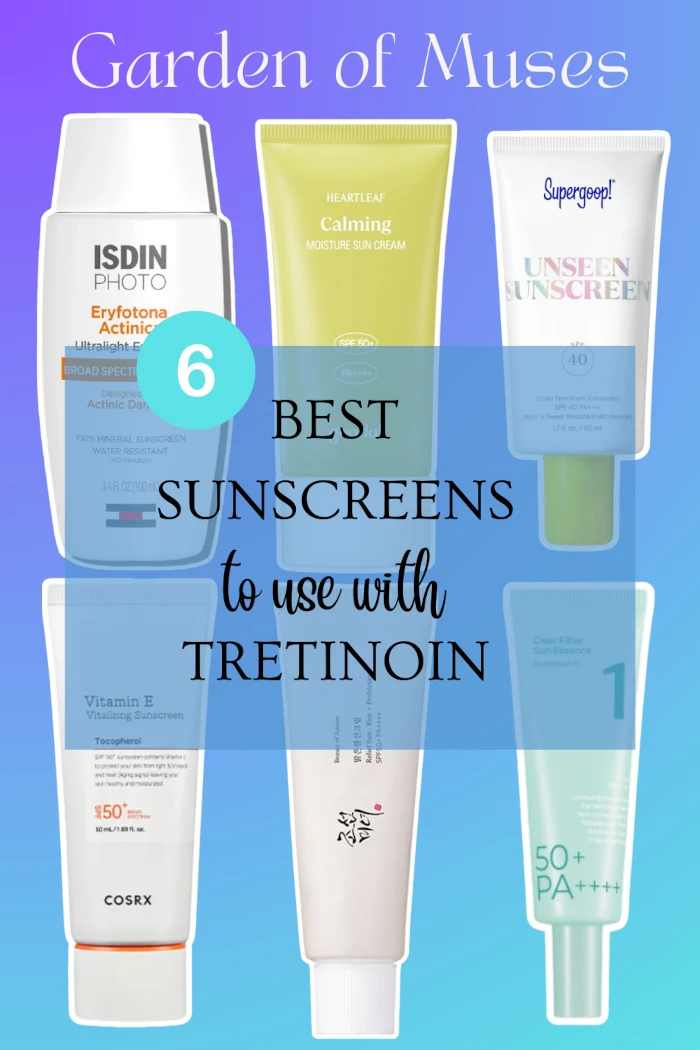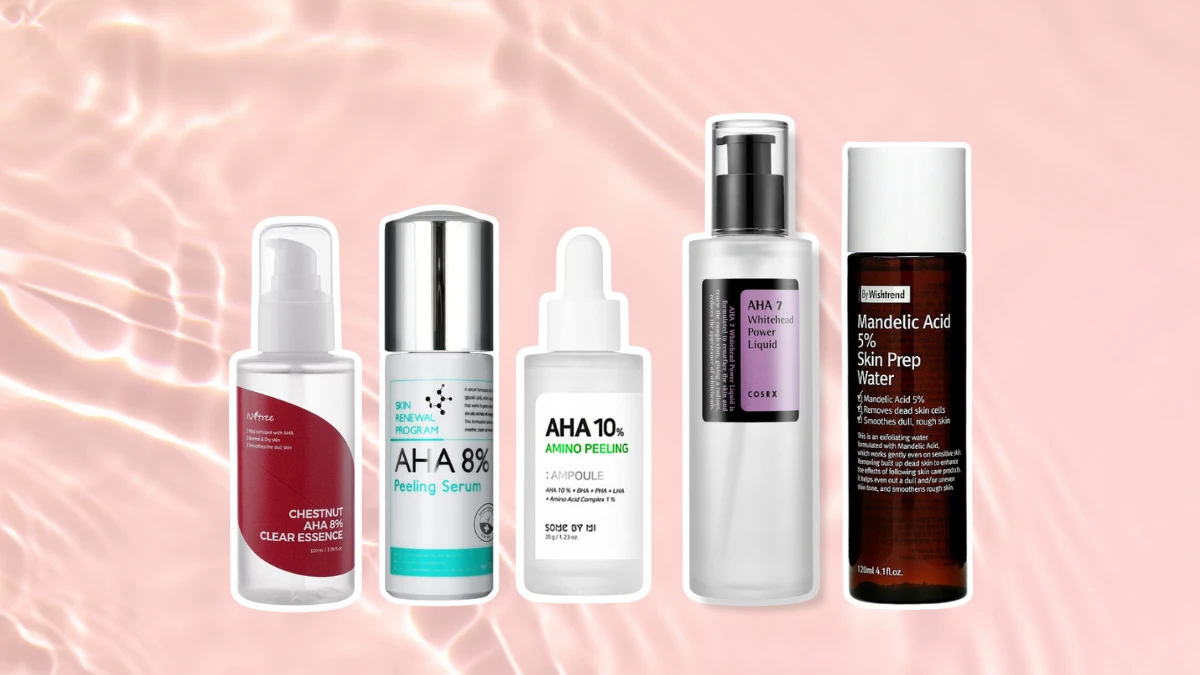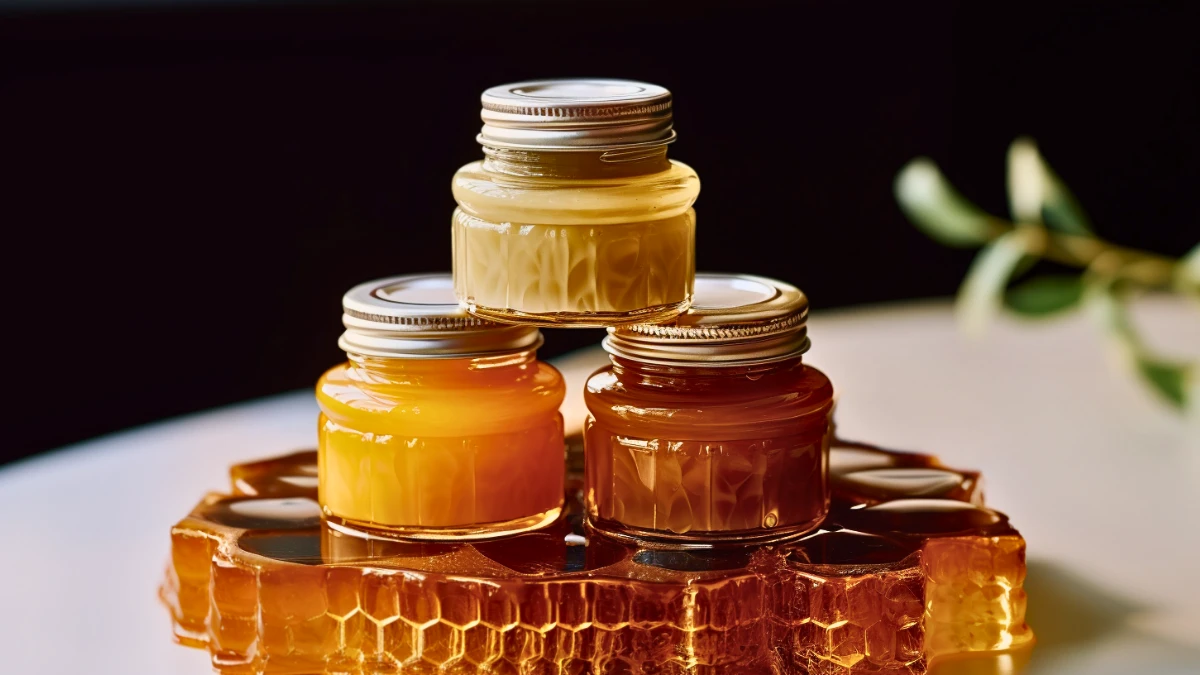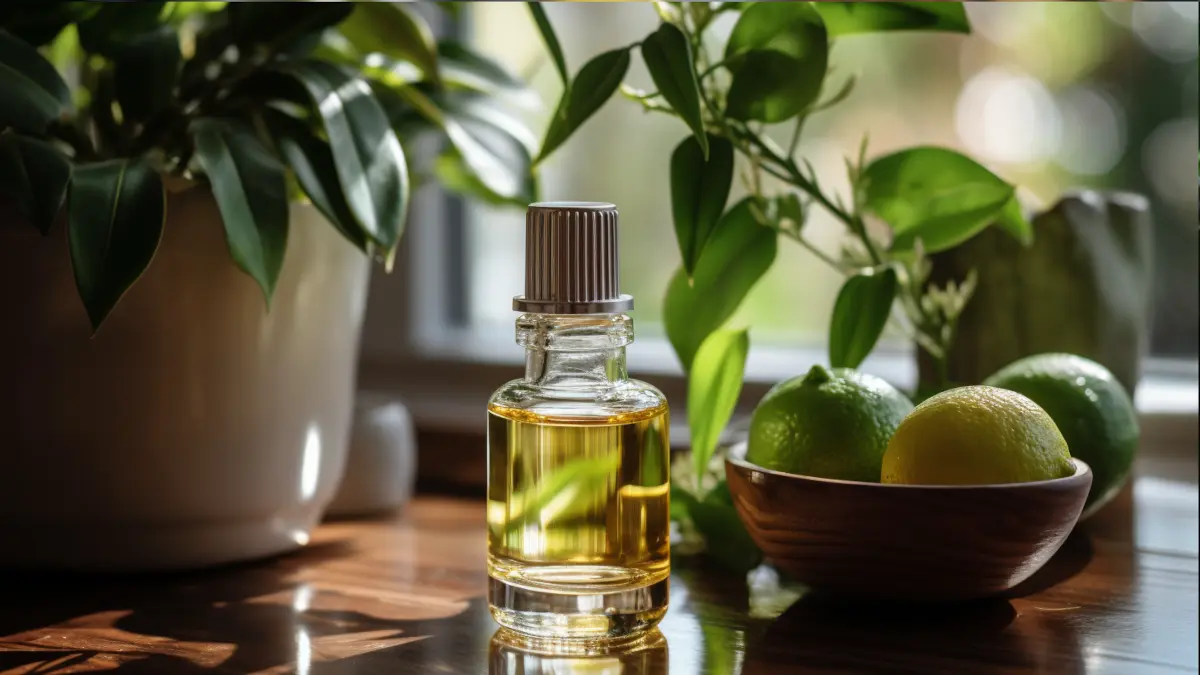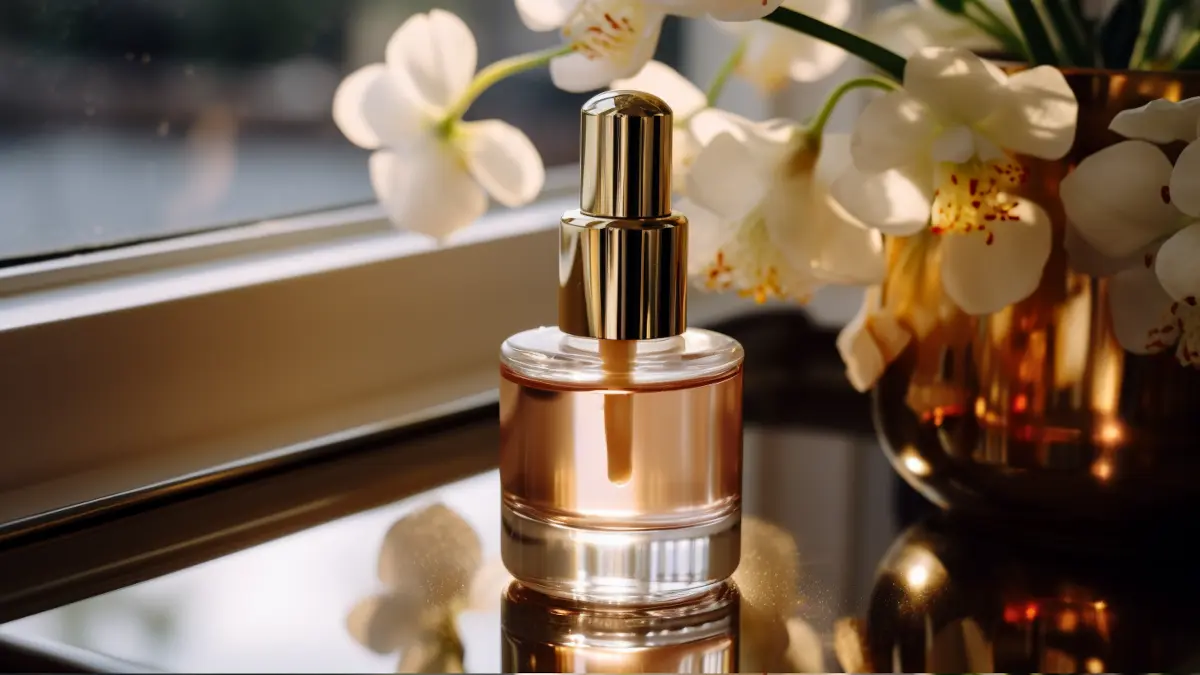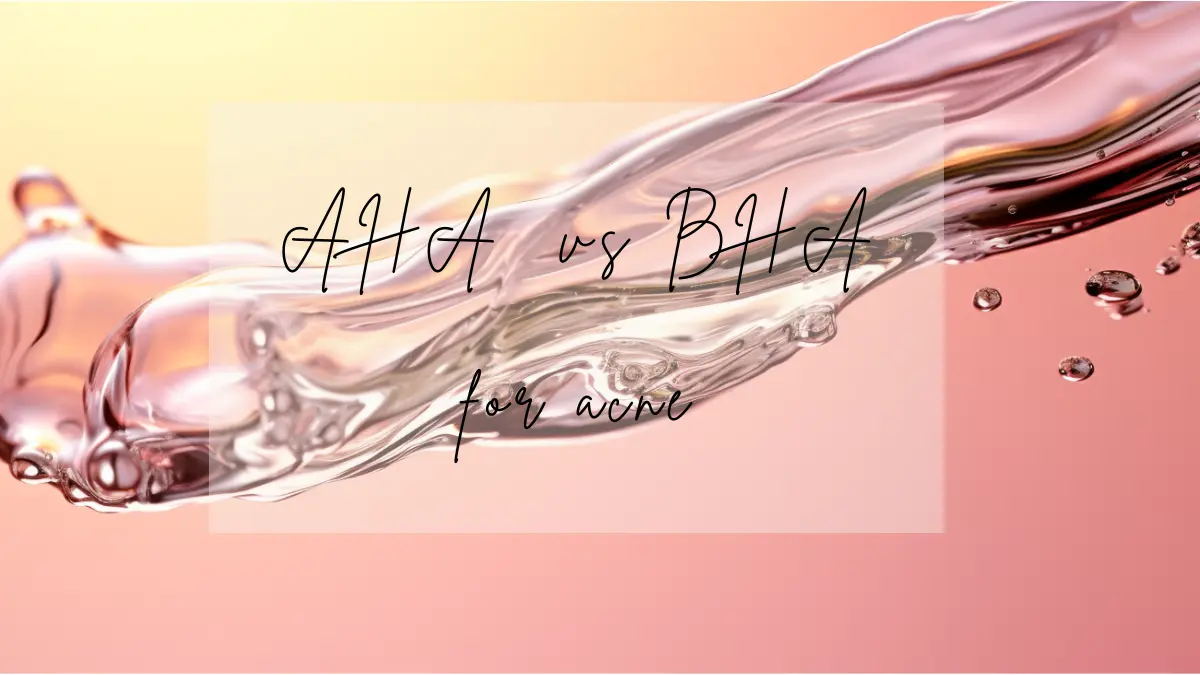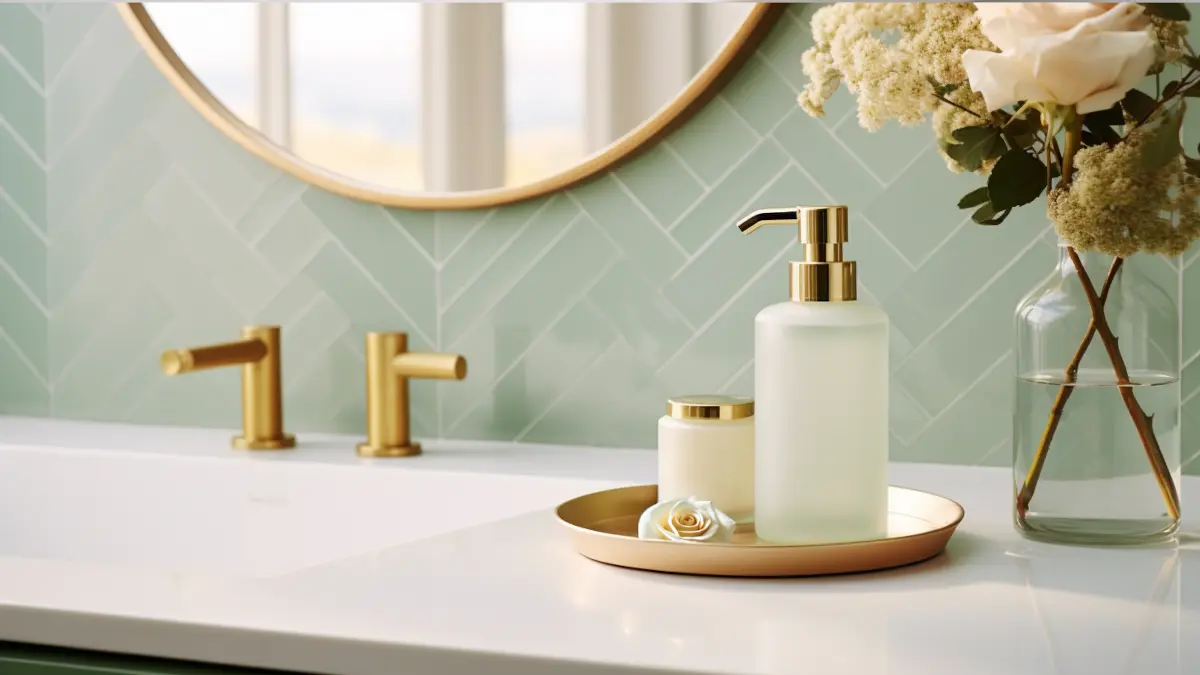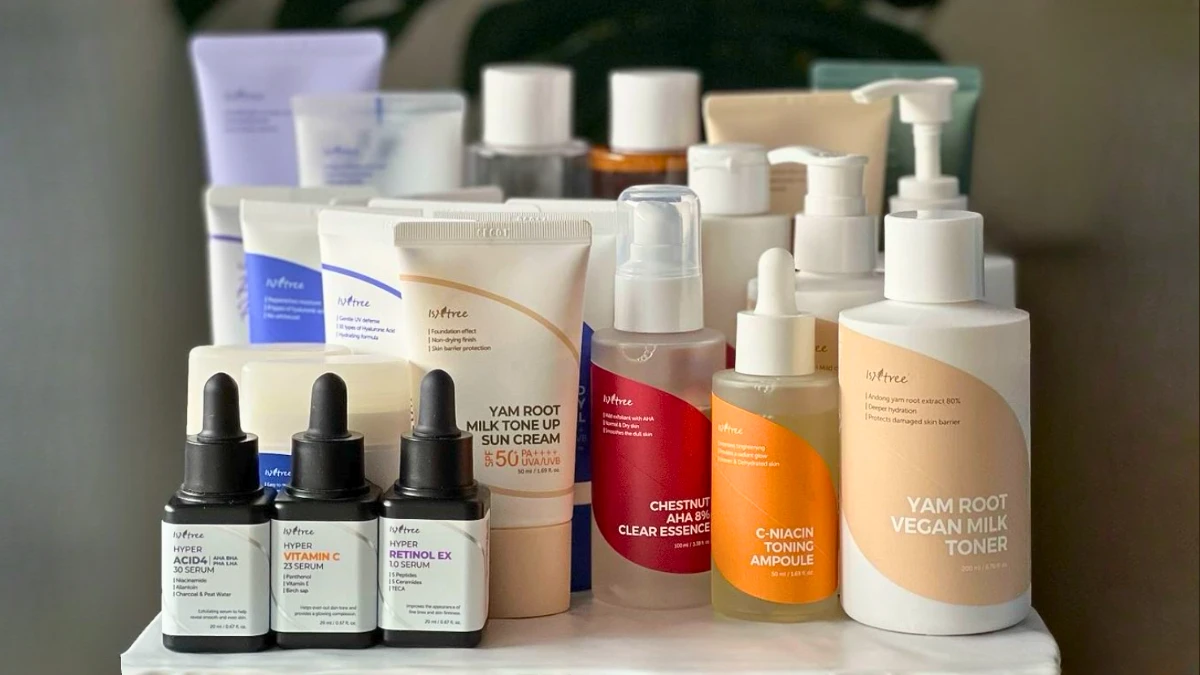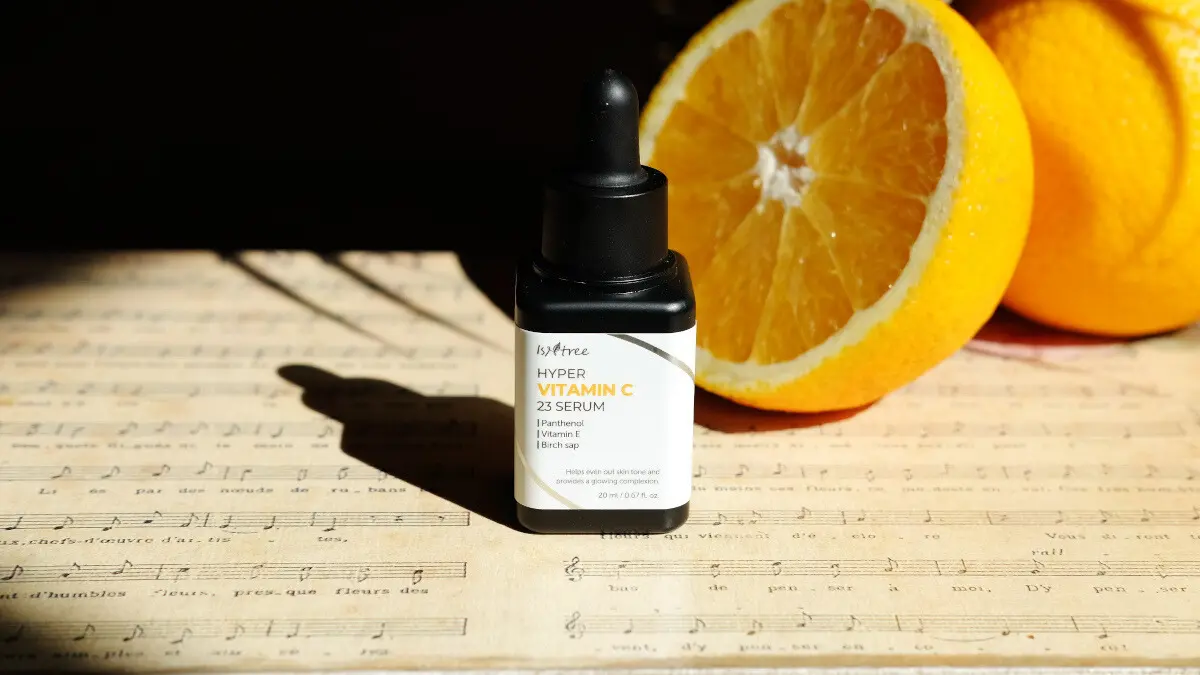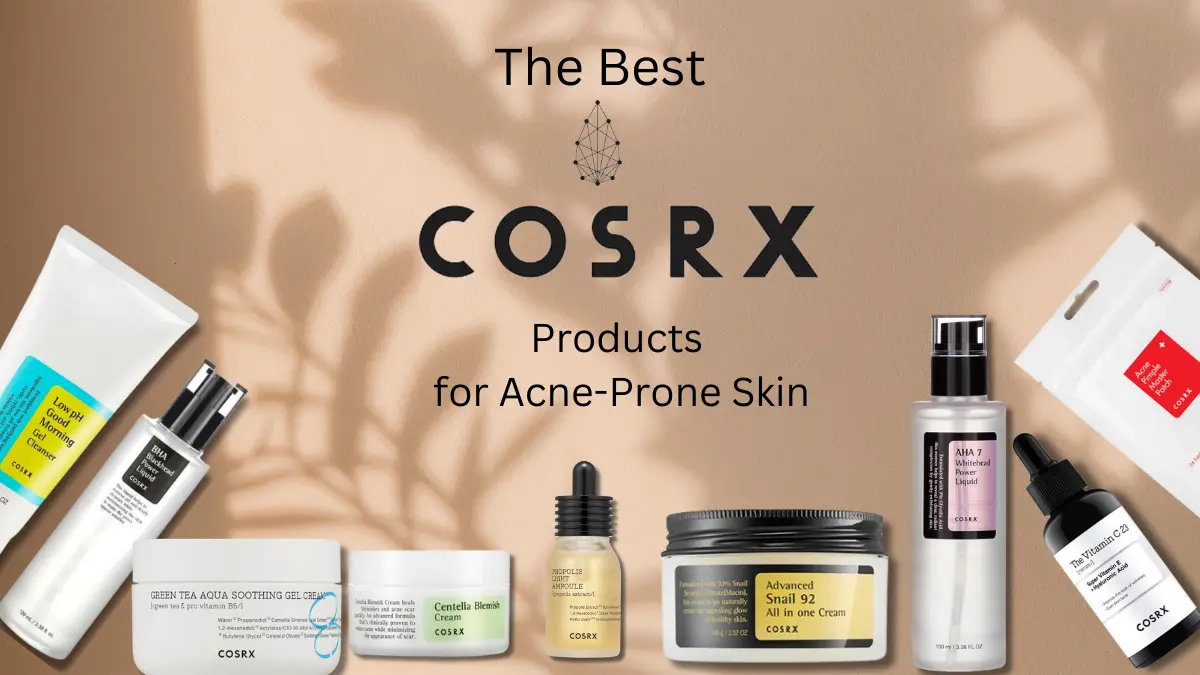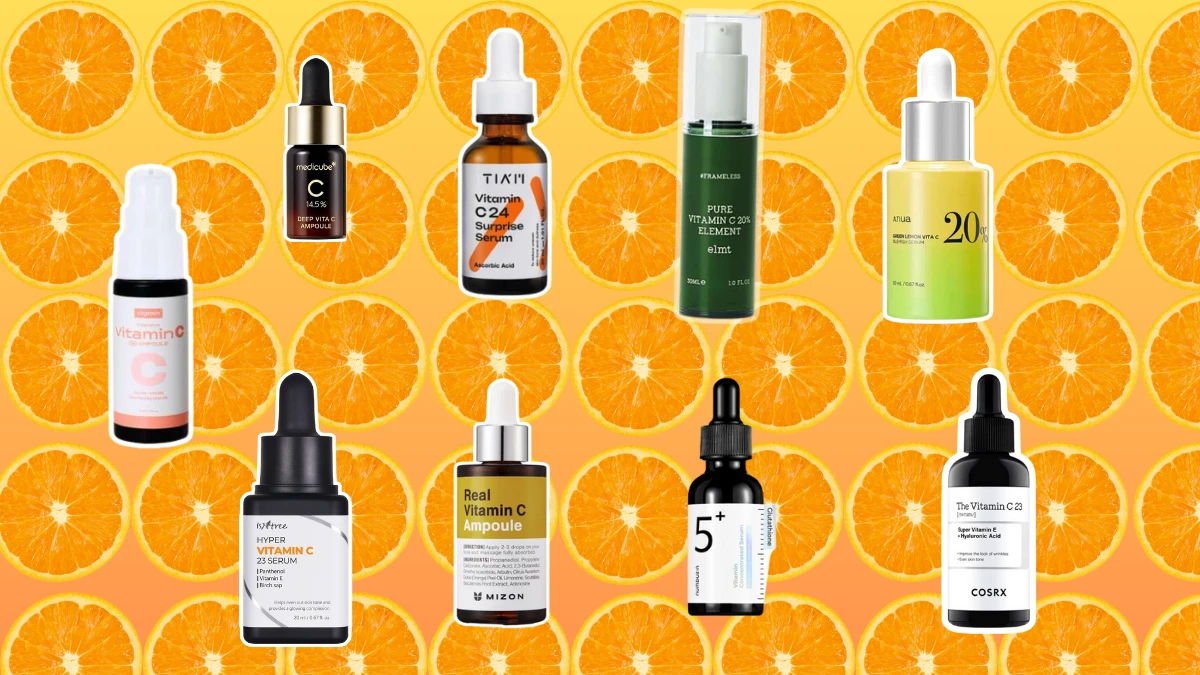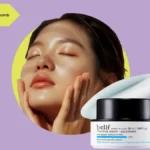You might have heard rumors that sodium benzoate and Vitamin C form a carcinogen.
Without careful examination, this looks like a story worthy of the front page of The New York Times! Vitamin C and sodium benzoate, a preservative, will together form benzene, which has been associated with cancer.
For the ultra-scientific, benzene is associated with causing DNA strand breaks, and high levels of exposure have been associated with acute myeloid leukemia (AML), aplastic anemia, myelodysplastic syndrome (MDS), acute lymphoblastic leukemia (ALL), and chronic myeloid leukemia (CML).
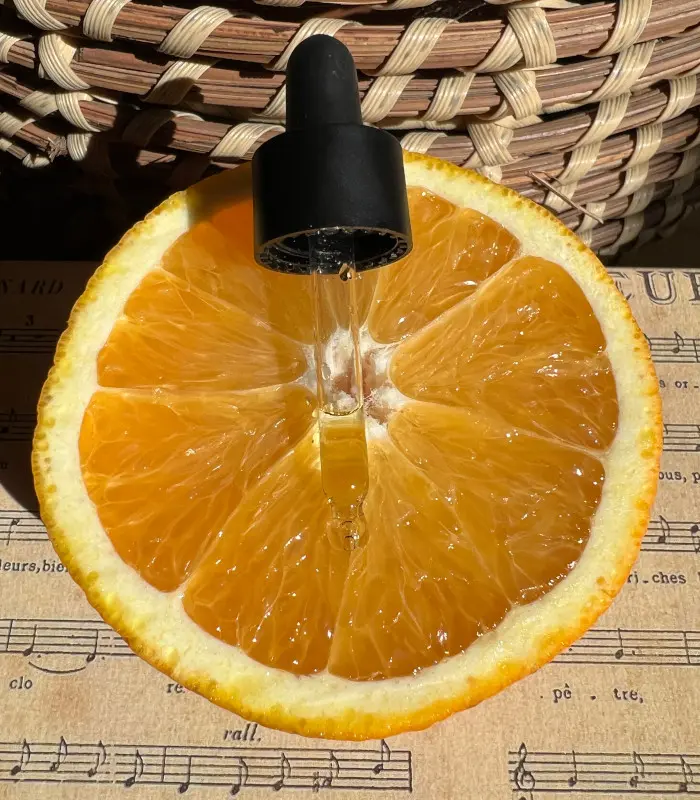
However, most beauty products contain sodium benzoate in extremely low concentrations – parts per billion or less.
Still, because soft drinks also contain very low amounts of benzoates and 2.5% of 200 soft drinks with vitamin C and sodium benzoate were found to have levels of benzene above allowable levels, there is the moot possibility that some skincare and cosmetics could also contain benzene.
How to Protect Yourself
High amounts of vitamin C and a pH above three significantly reduce benzene production!
Chemical reactions are like meeting a potential partner: The conditions matter. Just like dim lighting, a fancy restaurant, and a dozen roses can flip that nerd from accounting from the “friend zone,” so can quantities of chemicals, temperature, and pH make a world of difference with a chemical reaction.
Such is the case with sodium benzoate and vitamin C (L-Ascorbic Acid) in skincare.
Related Stories:
Benzene can not form if you use skincare with a high vitamin C concentration and a low sodium benzoate concentration. Why? Increasing amounts of vitamin C cause it to act as a free radical scavenger rather than in the sodium benzoate reaction.
Look at it this way: Your date offers to take you to a restaurant you despise, and you react badly. But if he offers to take you to the Academy Awards instead, you have a better option, and you’d do that instead.
Products formulated with a pH of 3 or above are also safer than those with a pH of 2 or less and above a pH of 7; no benzene forms. This is unfortunate because it leaves vitamin C formulations a very narrow window of pH 3.0 to 3.5 to work with, as vitamin C has been shown to work best at a pH of 3.5 or lower.
So you won’t catch me using vitamin C products in non-acidic form, even if they don’t form benzene with benzoates/benzoic acid. Instead, I use concentrated vitamin C products and avoid sodium benzoate and benzoic acid together with vitamin C.
The Best Korean Vitamin C Serums with Pure L-Ascorbic Acid

Final Thoughts
You can protect yourself and still maintain the efficacy of vitamin C by using products with:
- high vitamin C or
- no benzoic acid or benzoates or
- storing your beauty products in a cool, dark place.
In short, using a product with high vitamin C concentrations should eliminate the majority of benzene formation. Other options include using parabens (which are safe in skin care and cosmetics) instead of preservative systems like sodium benzoate and benzoic acid, both of which form benzene with vitamin C, and keeping your beauty products in a cool, dark place, as higher temperatures and light incite the reaction to benzene.
But let me get on my soapbox for a minute – this is the problem with society’s general distrust of skincare and cosmetics ingredients nowadays. Databases are automatically flagging studies about parabens. And even though I have never spoken to a dermatologist or cosmetic scientist who does not approve of parabens for anyone who is non-allergic, the non-scientifically-trained public is demanding products without parabens.
As a result, some manufacturers are using benzoic acid and benzoates instead – and guess what? They’re an actual problem! At least, they are when combined with vitamin C. Sigh.
So, for now, avoid products with benzoic acid and benzoates, especially when using vitamin C.
Show Me Proof
- Huff, James. “Benzene-induced cancers: abridged history and occupational health impact.” International journal of occupational and environmental health 13, no. 2 (2007): 213-221.
- Smith, Martyn T. “Advances in understanding benzene health effects and susceptibility.” Annual review of public health 31 (2010): 133-148.
- Gardner, Lalita K., and Glen D. Lawrence. “Benzene production from decarboxylation of benzoic acid in the presence of ascorbic acid and a transition-metal catalyst.” Journal of Agricultural and Food Chemistry 41, no. 5 (1993): 693-695.
- Pinnell, Sheldon R., Huanshu Yang, Mostafa Omar, Nancy Monteiro Riviere, Holly V. Debuys, Linda C. Walker, Yaohui Wang, and Mark Levine. “Topical L‐ascorbic acid: percutaneous absorption studies.” Dermatologic surgery 27, no. 2 (2001): 137-142.


